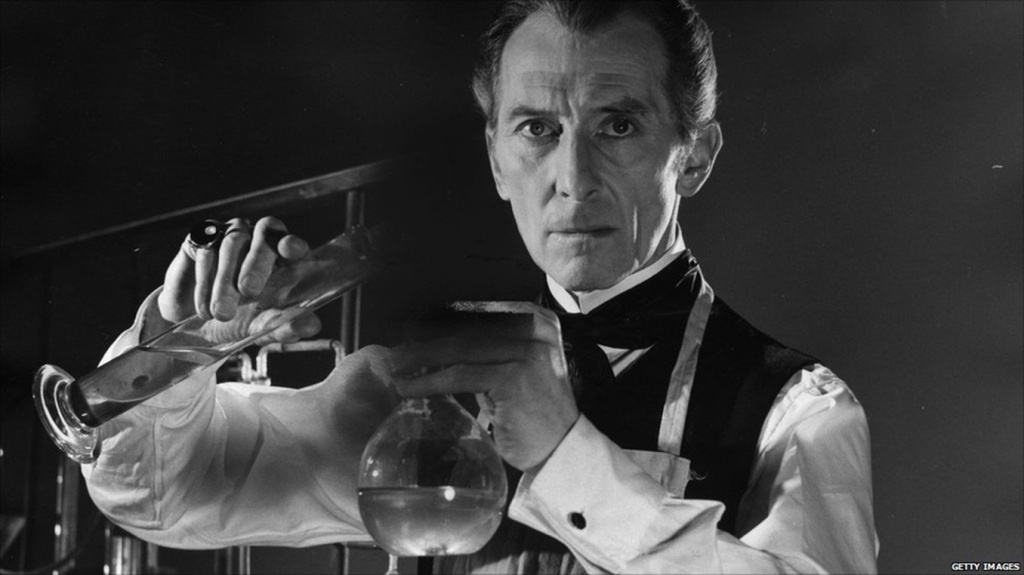The industrial age brought a new way of looking at the world. It is a vision that other eras did not see or know. Machines have given us powers that reach beyond the normal abilities of the human body. We can travel vast distances in a short amount of time via cars, planes, and the internet.
C.S. Lewis in one of his lectures says, “Between Jane Austen and us…comes the birth of the machines.” (De Descriptione Temporum) Before the industrial age, most people only knew the same geographical area where they were born. Wealthy people had horses or carriages and could often travel more easily, but most people did not. Without transportation, most people lived, worked, and died in the same town.

C.S. Lewis goes on to explain one key component of the age of machines is how we view new things. He says, “Why does ‘latest’ mean ‘best’?…It is the image of old machines being superseded by new and better ones. For in the world of machines the new most often really is better and the primitive really is clumsy.” (De Descriptione Temporum)
Looking for newer things is a key feature of the modern world.
Looking for newer things is a key feature of the modern world. We see this in computers and phones marked to indicate the newest version: iPhone 13, etc. In the Age of Machines, we are on the hunt for newer and better machines, experiences, lives, and places. Frankenstein is about this quest for the new.

The story opens with Walton writing to his sister, “You cannot contest the inestimable benefit which I shall confer on all mankind to the last generation by discovering a passage near the pole to those countries…” (pg. 13, Frankenstein) Walton is looking for a northern passage so Europe can access the Americas. It is on the quest to the edge of the world that Walton finds Victor Frankenstein stranded.
It is on the quest to the edge of the world that Walton finds Victor Frankenstein stranded.
Immediately we see a parallel between Walton and Victor. Victor sees it as well and he says to Walton, “You seek for knowledge and wisdom, as I once did; and I ardently hope that the gratification of your wishes may not be a serpent to sting you.” (pg. 25, Frankenstein)

Victor has been at work, like Walton, exploring the edges of the known world, trying to reanimate dead human bodies. Victor claims for himself, “I will pioneer a new way, explore unknown powers, and unfold to the world the deepest mysteries of creation.” (pg 42, Frankenstein)
“I will pioneer a new way, explore unknown powers, and unfold to the world the deepest mysteries of creation.”-Victor Frankenstein
Reaching beyond human limits through science and technology comes at a cost. Victor holds up to us a mirror for our age: the end is death and destruction. Mary Shelley offers Romanticism as an answer to the Age of Machines. What is Romanticism? I will explain in the next post.
Enjoy What You are Reading? Support Classical Christian Education
As a teacher and writer I seek to help schools, teachers, and students understand and appreciate great works in Classical Christian education.
$2.00



